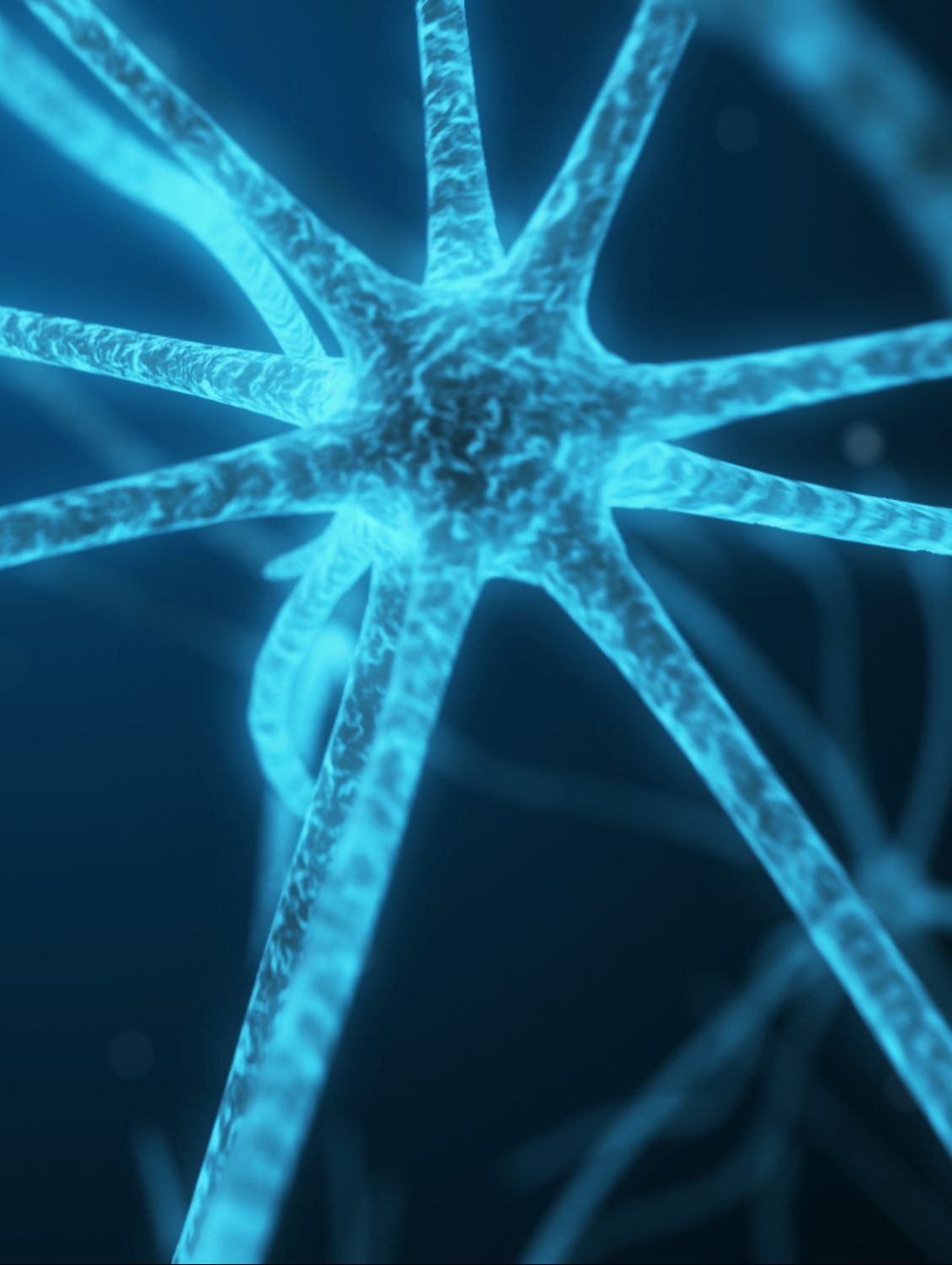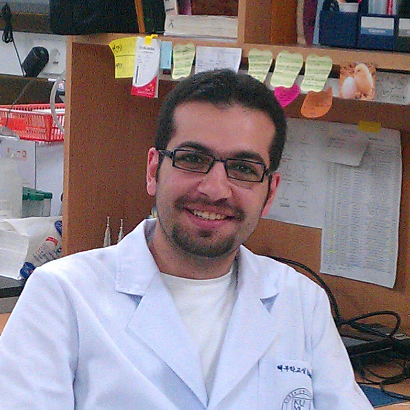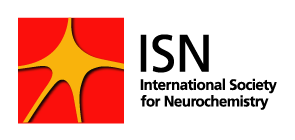Connecting Members via Engagement to Science and the Scientific Community
ISN is highly supportive of its trainee members. However, effective support of our young scientists requires knowledge of their needs. On the other hand, receiving support requires knowledge about what is offered. Therefore, the Young Scientist Steering Committee (YSSC) aims to bridge the gap between young member needs and ISN secretaries and officers. We are composed of representatives from all sister societies forming a global team of young neuroscientists. We intend to serve as a pivotal group connecting the new generations of researchers in the broad field of neurochemistry with ISN. We are here to address the interests, needs, problems and concerns of PhD-students at any stage and postdoctoral fellows within the first five years of their career. We want young scientists to be involved and feel heard in the well-established community of neuroscience, which may seem challenging for newcomers. We want to reveal opportunities for new, creative, open-minded thinkers to enter the world of neuroscience, as we are convinced that this is fuel for the future community.
Our main goals are to:
- Provide input and guidance to the ISN Council and Committees on issues that are central to young scientists and serve as a forum for coordination and development of programs targeting young scientists.
- Create a global network of young investigators involved in neurochemistry to facilitate cooperation and communication, aiming to promote their work, collaboration, mobilization and networking.
- Provide a unique platform aimed at assisting young investigators with career development.
- First-year free membership; only US$15 per year afterwards.
- LARGE VARIETY of funding options (travel awards, young scientist lectureship awards, young members symposia) enabling you to participate at conferences and meet new colleagues and collaborators that will push your career forward.
- Reduced registration fees for ISN conferences.
- Join ISN via local sister societies (ESN, ASN, APSN) without additional costs!
- Special opportunity for pushing the society (and your CV) forward by actively participating in committees or proposing symposia and workshops for meetings/conferences
- Free access to JNC articles!
- Regular updates on conferences and funding in the ISN newsletter
- Free access to services like the mentoring forum and My1. Conference initiative by YSSC

Main Goals
Our main goals are to:
- Provide input and guidance to the ISN Council and Committees on issues that are central to young scientists and serve as a forum for coordination and development of programs targeting young scientists.
- Create a global network of young investigators involved in neurochemistry to facilitate cooperation and communication, aiming to promote their work, collaboration, mobilisation and networking.
- Provide a unique platform aimed at assisting young investigators with career development.
Membeship Benefits
Membership benefits for young scientists at a glance:
- First-year free membership; only US$15 per year afterwards.
- LARGE VARIETY of funding options (travel awards, young scientist lectureship awards, young members symposia) enabling you to participate at conferences and meet new colleagues and collaborators that will push your career forward.
- Reduced registration fees for ISN conferences.
- Join ISN via local sister societies (ESN, ASN, APSN) without additional costs!
- Special opportunity for pushing the society (and your CV) forward by actively participating in committees or proposing symposia and workshops for meetings/conferences
- Free access to JNC articles!
- Regular updates on conferences and funding in the ISN newsletter
- Free access to services like the mentoring forum and My1. Conference initiative by YSSC
YSSC Members

Dr. Eva-Maria Blumrich (Chair)
Offenbacham Main, Germany.
Career: PhD in Neurobiochemistry at the University of Bremen (April 2017) on glucose metabolism of cultured astrocytes and neurons.
Current position: Postdoc at the University of Edinburgh (since July 2017).
Research interest: Molecular mechanisms and protein-protein interactions in synaptic vesicle recycling in health and disease.
Societies: ISN member since 2014, ESN member since 2013.
Representative of ESN in ISN YSSC.

Dr. Mychael V. Lourenco (Vice-Chair)
Rio de Janeiro, Brazil.
Career: PhD in Biochemistry and Neuroscience at Federal University of Rio de Janeiro (Mar 2016) on mechanisms of synapse and memory dysfunction in Alzheimer’s disease.
Current position: Postdoctoral Research Associate at Federal University of Rio de Janeiro (since Mar 2016).
Research interests: Molecular mechanisms of neurodegeneration and cognitive dysfunction in neurological disorders.
Societies: ISN member since 2011.

Dr. Haley E. Titus
Chicago, IL, USA
Career: PhD in Neuroscience at the University Cincinnati (2015) on signalling pathways controlling CNS myelin compaction in gain of function RASopathies.
Current position: NMSS Postdoctoral fellow at Northwestern University (June 2015- Present).
Research interest: Immunoregulatory and myelin repair therapeutics in T-Cell mediated mouse models of Multiple Sclerosis.
Societies: ISN member since 2012, ASN member since 2012, Representative of ASN in ISN YSSC.

Dr. Abdullah Madany
Los Angeles, CA, USA
Career: PhD in Biomedical Science at the University of California Riverside (2017) on TREM2 and inflammatory regulation of microglial functions over the lifespan and across species.
Current position: Postdoc at the University of California Riverside (October 2017)
Research interest: CNS immunoregulations contribution to the exacerbation or amelioration of neurological disorders.Societies: ASN member since 2014, ISN member since 2015.

Dr. Yoshinori Otani
Kanagawa, Japan
Career: PhD of Pharmacy in Pharmacology at the Department of Molecular Neurobiology at Tokyo University of Pharmacy and Life Sciences 2012 on analysis of PLD4 expression in activated microglia. Postdoc positions in the Biomedical Sciences Centre for Glial-Neuronal Interactions at the University of California, Riverside (2012-2015) and in the department for Neuroscience, Cell Biology and Physiology at the Wright State University (2015-2016).
Current position: Project researcher in Department of Molecular Neurobiology, Tokyo University of Pharmacy and Life Sciences.
Research Interest: Role and expression of phospholipase D in microglia activation and neuron-glia interaction.
Societies: Member of the Japanese Society for Neurochemistry and the Pharmaceutical Society of Japan, member of ISN and ASN.

Dr. Mohammed R Shaker
Baghdad-Iraq.
Career: Ph.D. in Neuroscience at the Korea University (February 2017) on Cellular and Behaviour of Neural Stem Cells during Spinal Cord Elongation.
Current Position: Research Fellow at the Korea University Medical Centre (Since March 2017).
Research Interest: Modelling the Developmental Stage of Neural tube elongation in vitro.
Societies: ISN member Since 2017, SFN since 2017, ISSCR since 2015, APSN since 2015, Representative of APSN in ISN YSSC since 2018.
